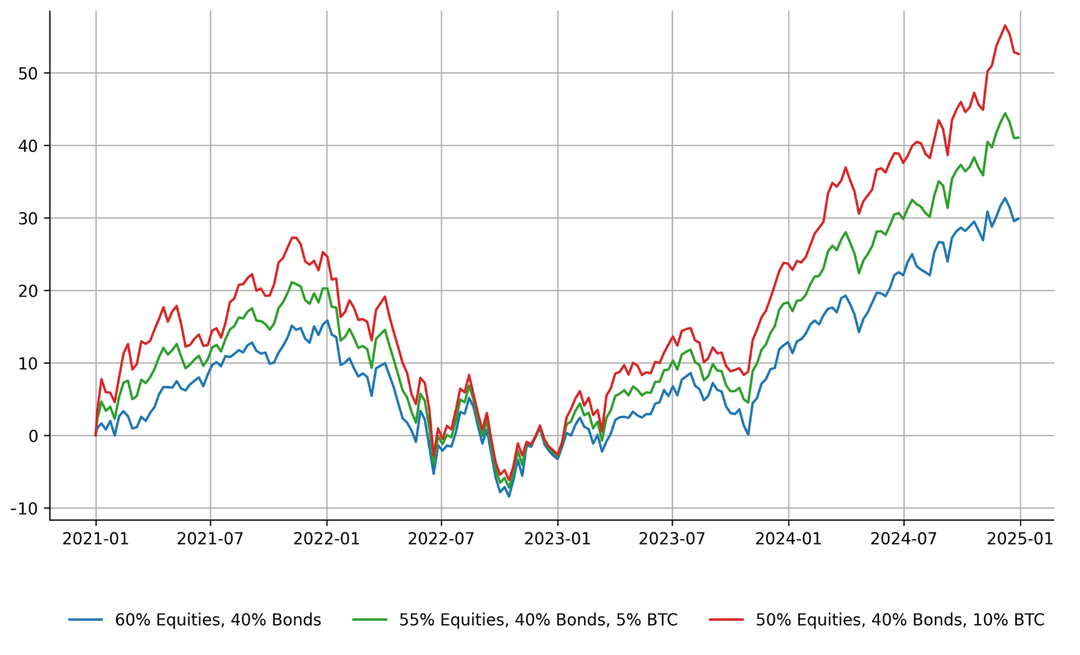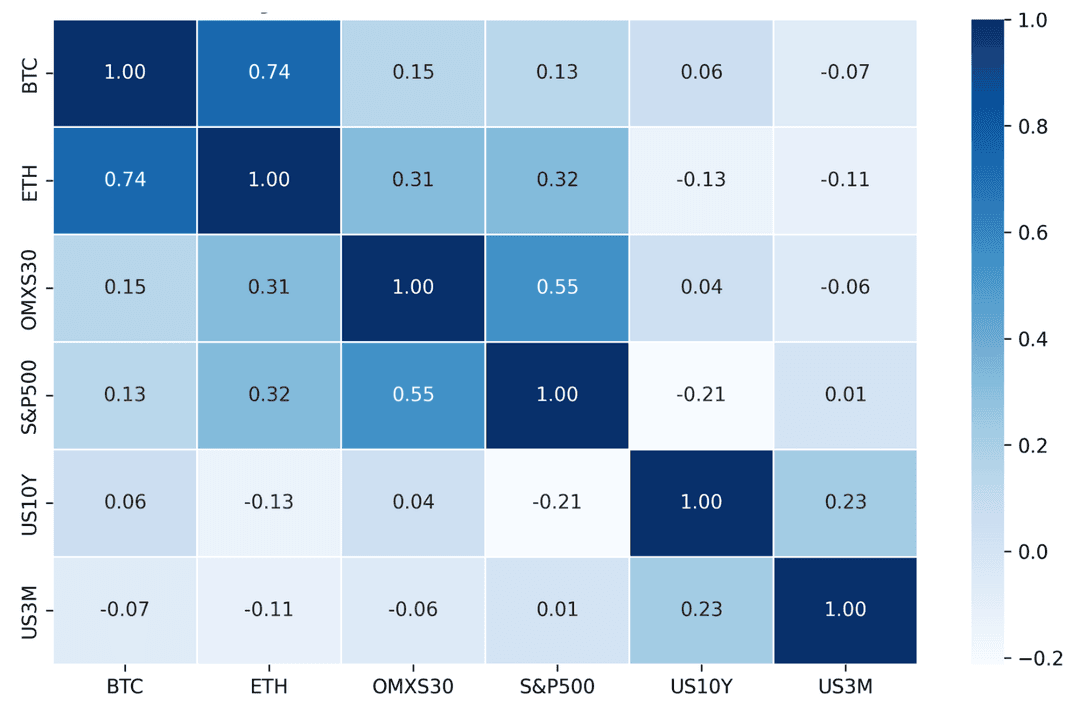Listed on Nasdaq Stockholm
Virtune Bitcoin Prime ETP is a physically-backed exchange-traded product (ETP) offering efficient and low-cost exposure to Bitcoin (BTC). Designed with institutional investors in mind, this ETP combines a highly competitive 0.25% management fee with institutional-grade security and full transparency.

 Virtune Bitcoin Prime ETP
Virtune Bitcoin Prime ETP Virtune Bitcoin ETP
Virtune Bitcoin ETP Virtune XRP ETP
Virtune XRP ETP Virtune Chainlink ETP
Virtune Chainlink ETP Virtune Stellar ETP
Virtune Stellar ETP Virtune BNB ETP
Virtune BNB ETP Virtune Avalanche ETP
Virtune Avalanche ETP Virtune Arbitrum ETP
Virtune Arbitrum ETP Virtune Polygon ETP
Virtune Polygon ETP Virtune Litecoin ETP
Virtune Litecoin ETP Virtune Sui ETP
Virtune Sui ETP Virtune Staked Ethereum ETP
Virtune Staked Ethereum ETP Virtune Staked Solana ETP
Virtune Staked Solana ETP Virtune Staked NEAR ETP
Virtune Staked NEAR ETP Virtune Staked Cardano ETP
Virtune Staked Cardano ETP Virtune Staked Polkadot ETP
Virtune Staked Polkadot ETP Virtune Coinbase 50 Index ETP
Virtune Coinbase 50 Index ETP Virtune Crypto Altcoin Index ETP
Virtune Crypto Altcoin Index ETP Virtune Stablecoin Index ETP
Virtune Stablecoin Index ETP

